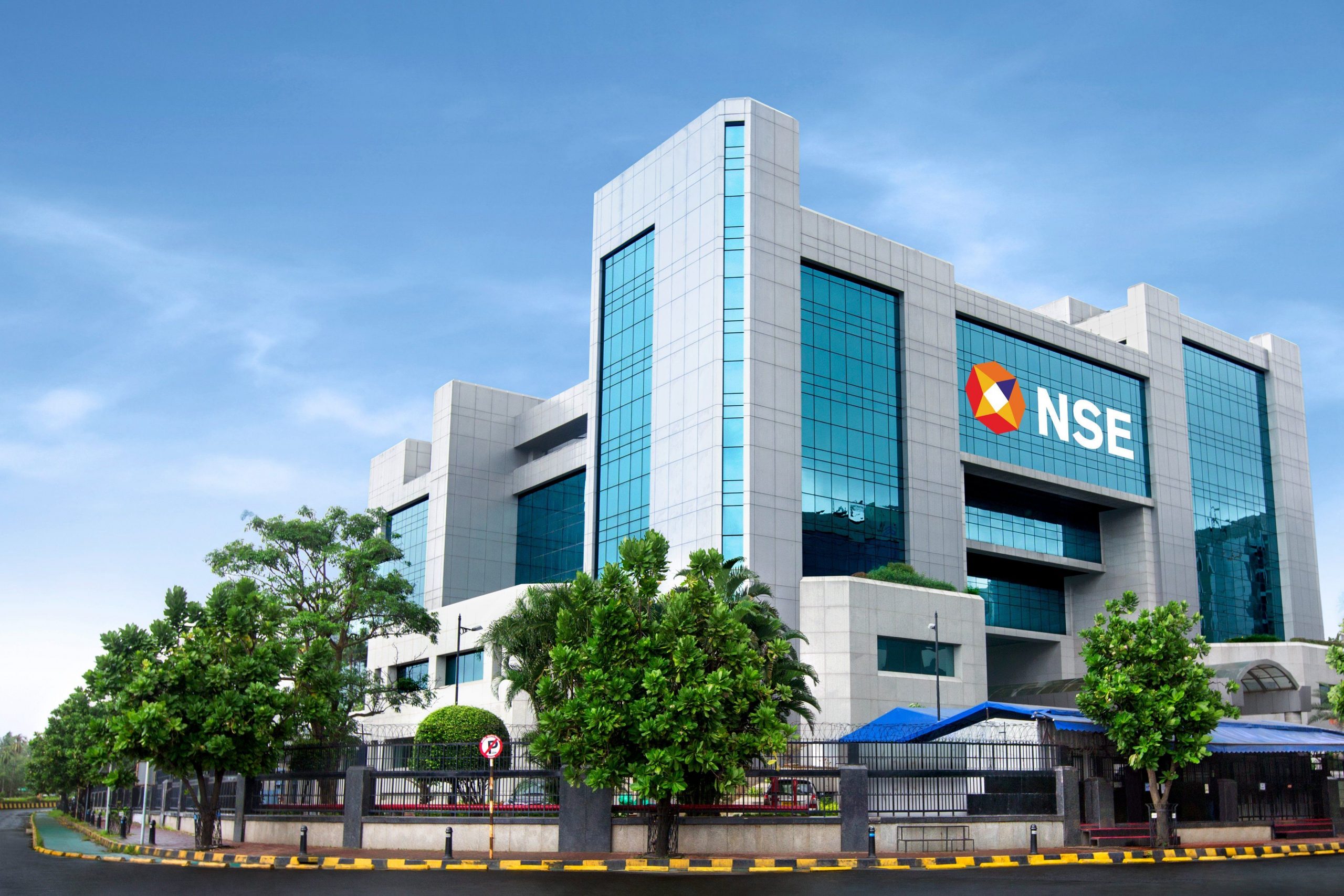Investors in India will be able to trade in certain US stocks beginning March 3 through the NSE International Exchange (NSE IFSC), a wholly-owned subsidiary of the National Stock Exchange (NSE). Investors can purchase NSE IFSC receipts on US stocks in the form of unsponsored depository receipts (DRs). The NSE IFSC is situated in Gujrat’s, Gujarat International Finance Tec-City (GIFT City).
Also Read| Stock market midday report: Sensex down 1,108 points, Nifty around 16,500
To begin, this will feature DRs from 50 US companies, including Apple, Alphabet, Amazon, Tesla, Microsoft, Morgan Stanley, Nike, P&G, Coca-Cola, and Exxon Mobil, reported Business Standard.
Indian retail investors would be permitted to transact on the NSE IFSC platform under the Reserve Bank of India’s (RBI) Liberalised Remittance Scheme (LRS) limits, which presently stand at $250,000 per year.
Also Read| Crypto news daily: Bitcoin data and price analysis for March 2, 2022
Domestic investors will be required to open a Demat account with the IFSC, and stock receipts will be treated as foreign assets when filing income tax returns. Short-term capital gains will be taxed at the slab rate, whilst long-term capital gains will be taxed at 20% with indexation.
Also Read| Gold, silver and other metal prices on March 2, 2022
“The business model offered by NSE IFSC will not only provide an additional investment opportunity to the Indian investors but also make the entire process of investment easy and at a low cost. Investors will be provided with an option to trade in fractional quantity/value when compared to the underlying shares traded in US markets. The proposed framework will make US stocks affordable to Indian retail investors,” said a note put out by the NSE last year.
Also Read| Tata Steel shares soar nearly 6% on acquiring bio-ceramics firm Ceramat
Currently, Indian investors purchase US stocks through approved online brokers who have been granted permission to do so by Indian and US regulators.
Trading in US stock receipts will take place across two calendar days, commencing at 20:00 p.m. on day one and concluding at 2.30 p.m. the next day. A trading cycle of this length will be considered a single business day, according to Business Standard.
Also Read | Hero MotoCorp shares tank over 3% on reporting 29% fall in sales
These contracts will not be subject to a predetermined price band. However, the exchange will include a dynamic price band system that will prevent orders for execution from being accepted if they are placed over the price limits specified by the exchange.
If the market trended in either way during the day, the dynamic price band would be relaxed in the direction of the price movement. The dynamic pricing band will be set at 10% of the base price.







